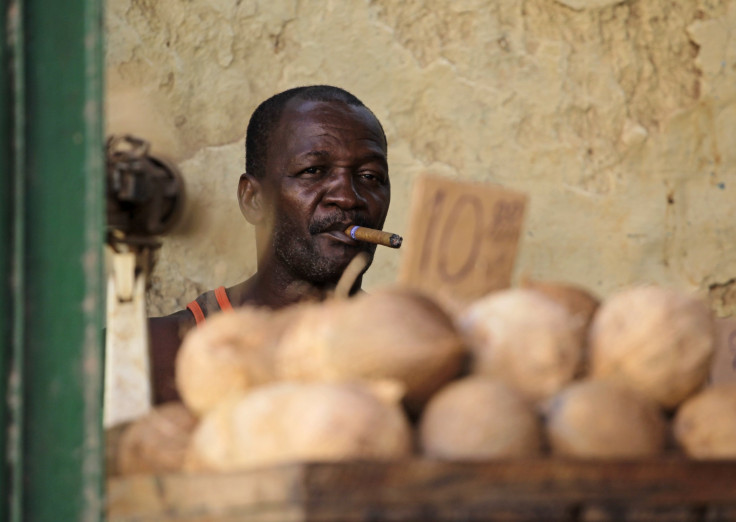As US-Cuba Ties Open, Cuban Cigars May Disrupt Global Market

While American cigar aficionados are hailing a series of measures designed to build economic and political ties between the U.S. and Cuba for giving them a chance to get their hands on coveted brands such as Montecristo and Romeo y Julieta, there is likely a downside on the horizon: The move will increase competition for cigar makers in other Caribbean Basin countries, which have been producing most of the U.S. supply during the 52-year-long embargo.
“The Cubans are still making them, they are just making better cigars -- we think -- in Nicaragua, Honduras, Dominican Republic,” Denver cigar-store owner Dan Dunne told KCNC-TV in Denver.
In any case, the changes may take a long time to appear in the marketplace because importers might be waiting months to establish official trade ties. Meanwhile, individual travelers are allowed to bring back $100 worth of cigars on trips between the two countries. In past decades, the penalty for smuggling Cuban cigars into the U.S. was as high as $55,000, ABC News reported.
Sales of cigars from Cuba to the U.S. were initially banned in 1962. But when tobacco growers were exiled by President Fidel Castro in the late 1950s and early 1960s, they took their craft with them.
These days, most cigars purchased in the U.S. are made in Central American countries such as Nicaragua or Honduras. The Dominican Republic also produces a large number. Among the more than 317 million cigars imported to the U.S. from countries other than Cuba last year, 134 million were from the Dominican Republic, the Associated Press reported.
Cuban cigars might cost between $8 and $12, but this range could double once they’re available in American stores due to high demand. As any economist knows, a limited supply only increases the value of it. During the embargo, Cuban cigars took on a kind of mystique.
“It’s not allowed, so everybody wants it,” cigar-store owner Kevin Levi told the Chicago Tribune. “It’s a status symbol to have them.”
But the scarcity of Cuban cigars could also lead to their downfall. While an initial interest in real Cuban cigars could send prices up, it is conceivable the glamour may soon wear off, and they might become even less valuable.
© Copyright IBTimes 2024. All rights reserved.












